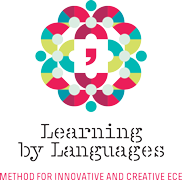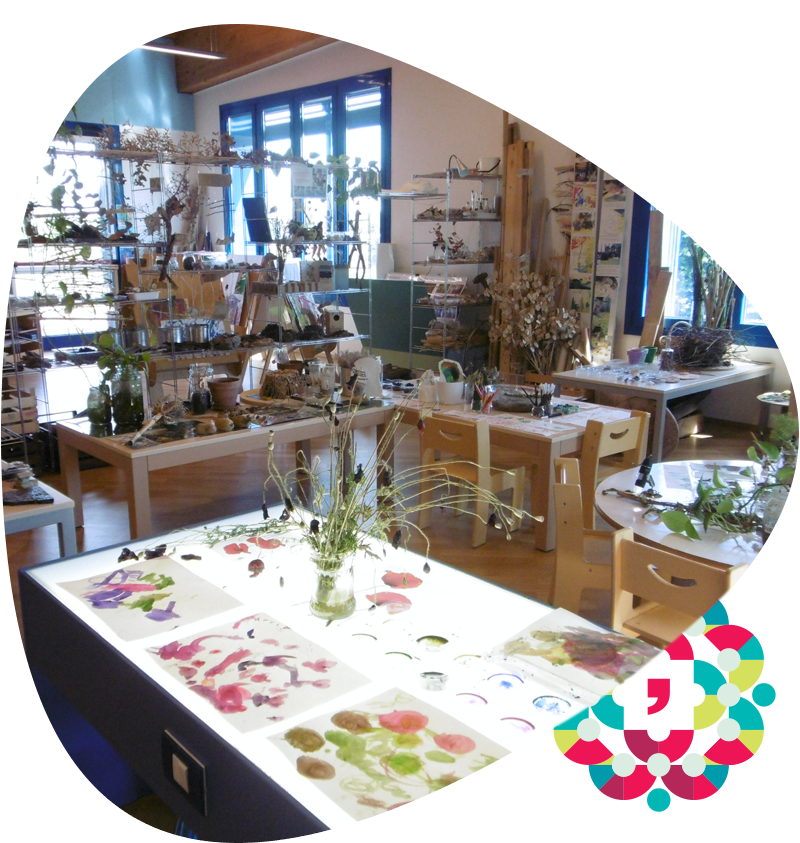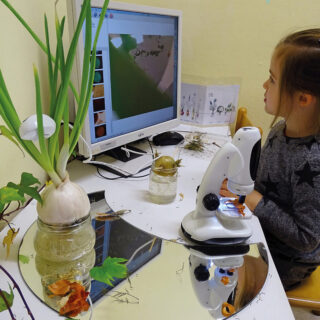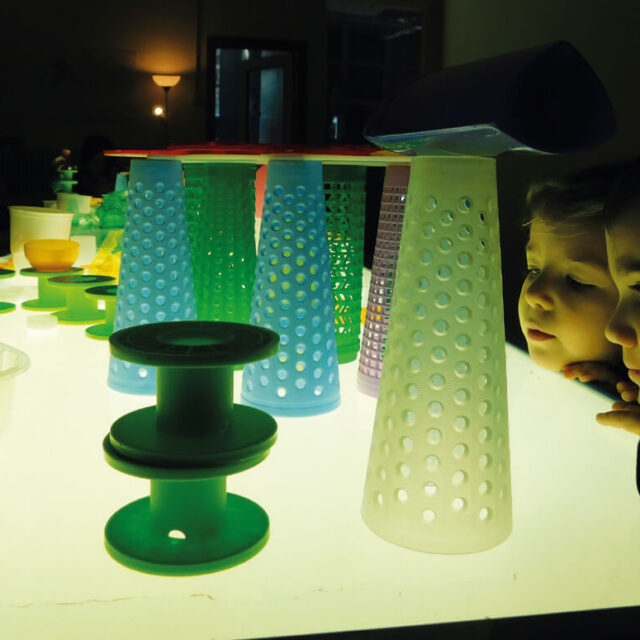
caricamento...

caricamento...

Learning by Languages is a method and curriculum for the creative and innovative education of children from birth to ten years, aiming at valorising each child’s differences, as well as the role of family and local culture. This is achieved by spurring the development of self-awareness, different expressive languages and competencies.
Learning by Languages was founded in Reggio Emilia and combines some of the most advanced educational approaches in the world – the Montessori method, socio-constructivism and the Reggio Emilia Approach – with pedagogical practice, field experience and management processes.
The method covers all areas in which it is possible to support children’s learning processes: educational and pedagogical values, theories supporting educational choices, the design of spaces and educational contexts, the atelier, the languages of food, the participation of families and communities, and the individualisation of learning paths for children with special rights.
Learning by Languages offers numerous tools to support operators in implementing the method: management and pedagogical guidelines, standards, monitoring and evaluation tools. Our method is flexible to be best adapted to the socio-cultural peculiarities of the client-country.

The Learning by Languages Method, born in Reggio Emilia, was constructed by technically developing management experience, pedagogical research and international dialogue.
It grew out of a collaboration between the Coopselios cooperative Technical Committee, Progettare Zerosei Ldt, Italian research bodies and universities, in particular: The University of Modena and Reggio Emilia, The University of Trento, The University of Milan-Bicocca, The Universities of Bologna and Verona and the University of Trieste.
The Learning by Languages Method is capable to offer a standards system, systematising guidelines and the most advanced and universally known philosophical, psychological and educational approaches (The Reggio Emilia Approach, the Montessori Method and socio-constructivism).
It provides operators with a turnkey solution in the design, construction, training, management, monitoring and evaluation of educational projects concerning 0-10 years old children.
The educational model is tested daily in many infant-toddler centres and preschools, and it is studied and observed by delegations of teachers and educators from all around the world.



According to the pedagogist Loris Malaguzzi, children have one hundred languages. The atelier and the expressive activities promoted by the Learning by Languages Method encourage this development of creativity along with the many forms of intelligence that behold children. The atelierista plays a strategic role within the Learning by Languages Method by supporting teachers with their distinctive skills in the arts and in contemporary expressive techniques.
Learning by Languages, consistent with the most innovative research on the role of technologies in teaching, offers digital and multimedia devices that children can use in a simple and intuitive way in everyday life for both experiments and creative use. The tools, such as videos and overhead projectors, tablets, interactive tables, and boards all constitute a digital learning environment that increases explorative opportunities.
Our services promote dialogue and international exchange, welcoming children, families and practitioners from all over the world. We build those expressive and linguistic skills that will enable children to become citizens of the world. For this reason, the daily activities are run also in English. Children learn English through play and creative activities, following their own interests.